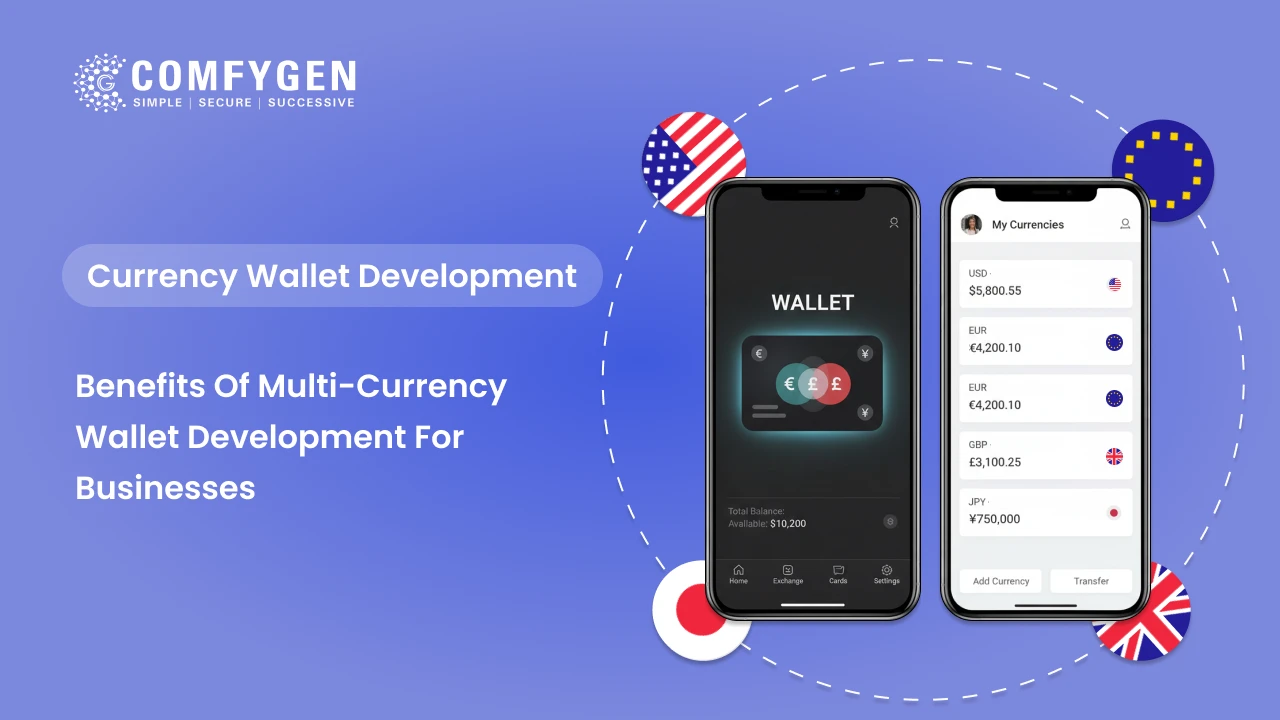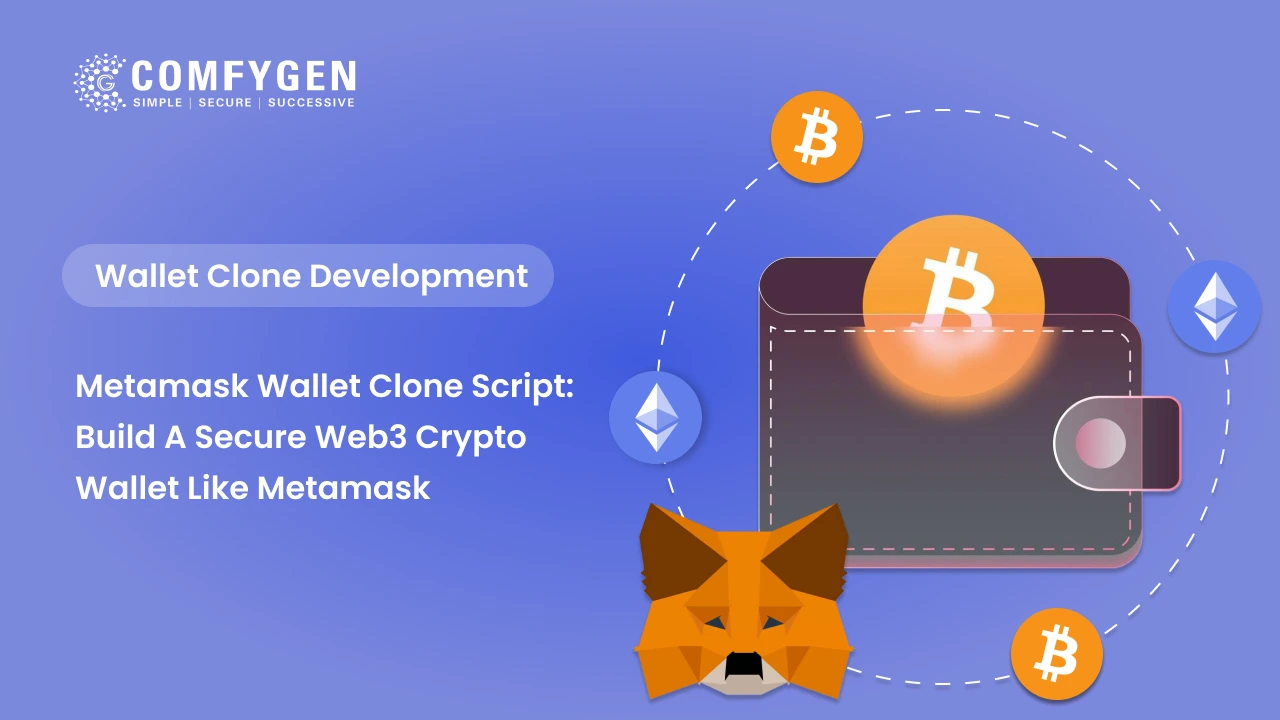OTC Crypto Exchange Development: Benefits, Features, Process, Costs
Introduction
The cryptocurrency ecosystem has matured rapidly over the past decade, evolving from simple peer-to-peer transactions to complex financial infrastructures. Among these innovations, OTC crypto exchange development and hybrid cryptocurrency exchange platforms have become crucial tools for institutional investors and high-net-worth individuals (HNWIs) who require privacy, liquidity, and flexibility.
In 2025, as the limitations of centralized (CEX) and decentralized exchanges (DEX) become more evident, businesses and developers are leaning toward hybrid exchange development, combining the best of both worlds. By integrating OTC trading capabilities, hybrid exchanges offer a holistic solution that caters to a broad range of user needs, especially large-scale, confidential crypto transactions.
This comprehensive guide explores OTC crypto exchange development, delving into its features, benefits, development process, associated costs, and how it relates to CEX, DEX, and hybrid exchange architecture.
What is an OTC Crypto Exchange?
An Over-the-Counter (OTC) crypto exchange facilitates private and direct transactions between two parties without displaying the order on a public order book. This mechanism is particularly useful for executing large trades that could cause price fluctuations if routed through traditional exchanges.
Key Characteristics:
- Private Transactions: Not visible to the public.
- High Liquidity Support: Especially for large volume deals.
- No Slippage: Trades are pre-negotiated, avoiding market volatility.
- Broker-Mediated: Often involves brokers or trading desks.
Use Cases:
- Institutional investors are buying/selling large quantities of BTC or ETH.
- Crypto hedge funds and DeFi protocols are rebalancing portfolios.
- OTC desks serving regulated crypto investment platforms.
What is a Hybrid Cryptocurrency Exchange?
A hybrid cryptocurrency exchange combines the advantages of centralized exchanges (speed, usability, liquidity) and decentralized exchanges (privacy, control, security) into a single platform. It often includes OTC modules to support large-scale, private trades.
Why Hybrid?
- CEX offers liquidity but lacks privacy.
- DEX offers privacy but lacks efficiency and volume support.
- Hybrid = Speed + Security + Privacy + Liquidity.
Hybrid exchanges are increasingly favored for their ability to provide a compliant, feature-rich experience while ensuring decentralization and confidentiality when required.
Ready to Build Your
Hybrid Crypto Exchange? Let’s Talk!
Contact Now
CEX vs DEX vs OTC vs Hybrid Exchanges
| Feature | CEX | DEX | OTC | Hybrid Exchange |
|---|---|---|---|---|
| Custody | Centralized | Non-custodial | Broker or platform | Optional |
| Liquidity | High | Medium | High (custom pools) | Aggregated |
| Privacy | Low | High | Very High | High |
| Compliance | High | Low | Customizable | High |
| Ideal Trade Volume | Small-Medium | Small-Medium | Large | All |
| Smart Contract Support | No | Yes | Sometimes | Yes |
| Matching Engine | Yes | AMM / Peer-to-Peer | Manual/Automated | Advanced Matching Engine |
Hybrid exchanges merge elements from all three types to build a resilient, scalable, and versatile platform.
Why Build an OTC Hybrid Crypto Exchange in 2025?
The demand for hybrid OTC exchanges is skyrocketing due to:
1. Institutional Involvement
Traditional finance institutions entering crypto need secure and private trade channels with deep liquidity.
2. Regulatory Clarity
OTC trades are easier to regulate and audit, making them attractive in markets with evolving crypto compliance laws.
3. Market Volatility Management
OTC trades protect against slippage and price manipulation, crucial for large trade execution.
4. High-Net-Worth Traders (HNWTs)
OTC desks with hybrid exchange features cater perfectly to VIP clientele who demand speed, control, and privacy.
5. Cross-Border Settlements
Hybrid exchanges with smart contract-based OTC modules allow for trustless, international trading at scale.
Core Features of an OTC + Hybrid Crypto Exchange
1. Custom OTC Trading Desk
- Manual and automated trade request systems
- Private chat or negotiation channels
2. Liquidity Aggregator
- Pulls liquidity from CEXs, DEXs, and internal pools
3. Advanced Matching Engine
- Supports OTC logic and high-frequency trades
4. Escrow Wallets and Multi-Signature Vaults
- Secure large transactions with programmable conditions
5. Smart Contract Integration
- Optional for decentralized OTC trades
6. KYC/AML Modules
- Supports regulatory compliance and tiered access control
7. Admin & Broker Panels
- Role-based access, trade approvals, and dispute resolution
8. Cross-Chain Compatibility
- Support for Ethereum, BNB Chain, Solana, Polygon, and more
9. Fiat Gateway Integration
- On-ramp/off-ramp features to support fiat transactions
10. Analytics Dashboard
- For clients, brokers, and admins to monitor trading activity
OTC + Hybrid Crypto Exchange Development Process
Developing an OTC-enabled hybrid exchange requires a methodical, secure, and scalable approach:
1. Discovery & Planning
- Market analysis, competitor study
- Functional scope definition (CEX, DEX, OTC modules)
2. UI/UX Design
- Custom dashboards for brokers, traders, and admins
- OTC trade flow wireframes
3. Smart Contract Development
- Escrow contracts
- Liquidity pool contracts
- AMM (if required)
4. Backend Architecture
- Matching engine
- Liquidity aggregation logic
- OTC request management system
5. Blockchain Integration
- Ethereum, BSC, Solana, etc.
- Cross-chain protocols for hybrid execution
6. KYC/AML & Compliance Modules
- Integration with third-party identity verification services
7. Security Protocols
- Penetration testing
- Hot/cold wallet implementation
- Two-factor authentication (2FA), DDoS protection
8. Testing & Deployment
- Unit, integration, and performance testing
- Staging and mainnet deployment
9. Maintenance & Upgrades
- Regular security patches, smart contract audits
- Feature expansion based on user demand
Cost of Developing an OTC Hybrid Crypto Exchange
The cost depends on complexity, features, and development approach:
Basic White-label Hybrid OTC Exchange
- $30,000 to $50,000
- Includes basic matching engine, admin panel, and OTC module
Custom-Built OTC Hybrid Exchange
- $70,000 to $150,000+
- Custom architecture, CEX/DEX integration, advanced security, liquidity engine
Ongoing Costs
- Hosting: $1,000/month
- Compliance: $5,000 to $20,000/year
- Security audits: $5,000 to $15,000/year
- Marketing: variable
Choosing the Right Hybrid Cryptocurrency Exchange Development Company
When selecting a development partner, prioritize:
- Experience with hybrid exchange architecture
- Blockchain expertise across networks (Ethereum, Solana, etc.)
- Understanding of OTC protocols and liquidity sourcing
- Compliance readiness and a security-first approach
- Post-launch support and scalability services
Ask to see:
- Code samples or GitHub repositories
- Client testimonials or case studies
- Security audit certifications
The Future of OTC + Hybrid Crypto Exchanges
In 2025 and beyond, hybrid exchanges with OTC capabilities will become:
- Standard infrastructure for institutional crypto adoption
- Preferred platforms for regulatory-compliant DeFi
- Launchpads for security tokens and RWA (real-world asset) trading
- AI-powered for smart matching, dynamic pricing, and risk scoring
- Cross-chain enabled, supporting truly global finance
Get a Free Consultation
for Your Crypto Exchange Project!
Contact Now
Conclusion
As the crypto industry matures, the need for scalable, secure, and regulation-ready trading infrastructure grows. OTC crypto exchange development, when combined with the hybrid exchange model, offers a best-of-all-worlds solution—blending speed, privacy, liquidity, and compliance.
Whether you’re a startup entering the crypto space or an established institution building your next-gen trading platform, a hybrid OTC exchange is the future-proof choice.
Frequently Asked Questions (FAQs)
What is a hybrid cryptocurrency exchange?
What are the benefits of developing an OTC hybrid crypto exchange?
Developing an OTC hybrid crypto exchange offers several benefits:
-
Private, off-chain transactions for high-volume trades.
-
Enhanced liquidity aggregation from CEXs and DEXs.
-
Ability to cater to institutional investors who require larger, secure trades.
-
Regulatory compliance with integrated KYC/AML.
-
Security features like multi-signature wallets and escrow systems for OTC trades.
How does an OTC hybrid crypto exchange work?
An OTC hybrid crypto exchange works by connecting buyers and sellers of large crypto assets privately via brokers or automated systems. Transactions are settled directly without being visible on a public order book, avoiding slippage and price manipulation.
What is the difference between CEX, DEX, and OTC in crypto exchanges?
-
CEX (Centralized Exchange): Operates under a central authority, offering high liquidity and quick trade execution but at the expense of privacy.
-
DEX (Decentralized Exchange): A peer-to-peer platform that provides privacy and control over funds, though it may lack the liquidity and speed of CEX.
-
OTC (Over-the-Counter) Exchange: A private, off-chain exchange allowing large-scale transactions with minimal market impact.
What are the typical costs of building a hybrid OTC crypto exchange?
The development costs of a hybrid OTC crypto exchange vary based on customization and features. Here's a basic range:
-
White-label solutions: $30,000 to $50,000
-
Custom-built platforms: $70,000 to $150,000+ Ongoing costs for security audits, hosting, and compliance are additional.
Can I integrate multiple cryptocurrencies on a hybrid exchange?

Mr. Saddam Husen, (CTO)
Mr. Saddam Husen, CTO at Comfygen, is a renowned Blockchain expert and IT consultant with extensive experience in blockchain development, crypto wallets, DeFi, ICOs, and smart contracts. Passionate about digital transformation, he helps businesses harness blockchain technology’s potential, driving innovation and enhancing IT infrastructure for global success.
Based on Interest

Grocery Delivery App Development Challenges: Common Problems and How to Overcome Them
In today's fast-paced digital age, the online grocery delivery industry is experiencing significant growth. With consumers preferring doorstep facilities over traditional shopping,…









